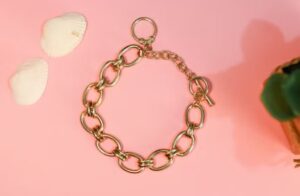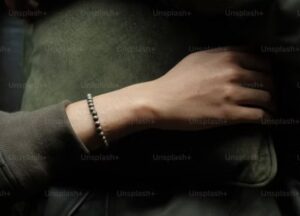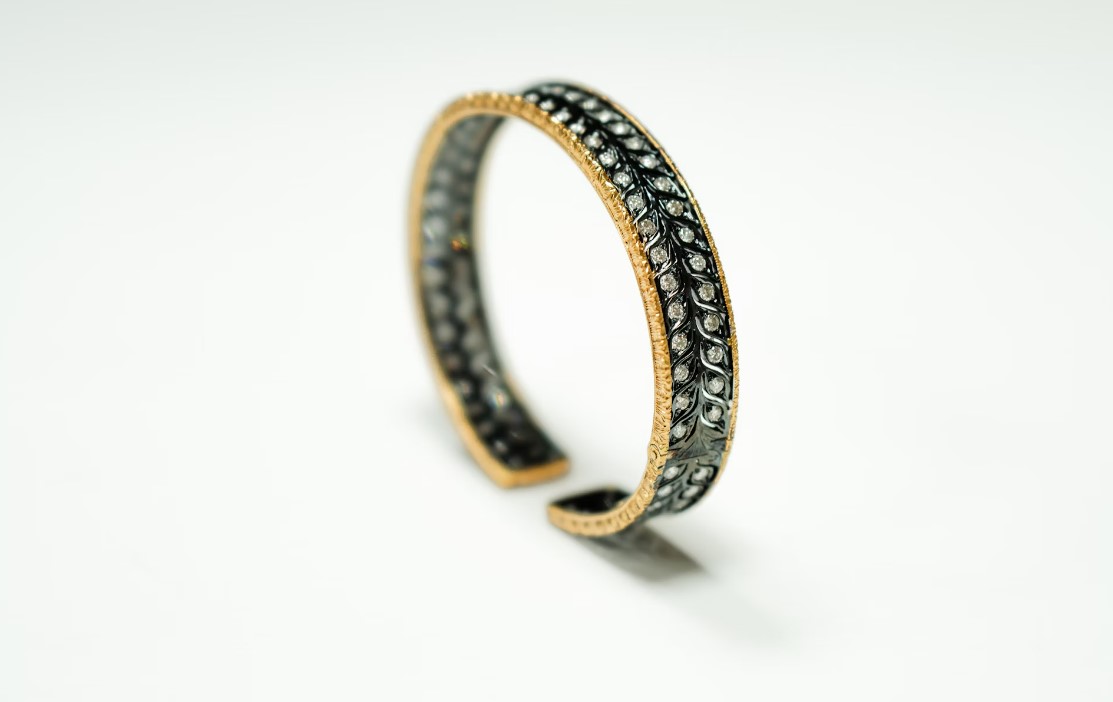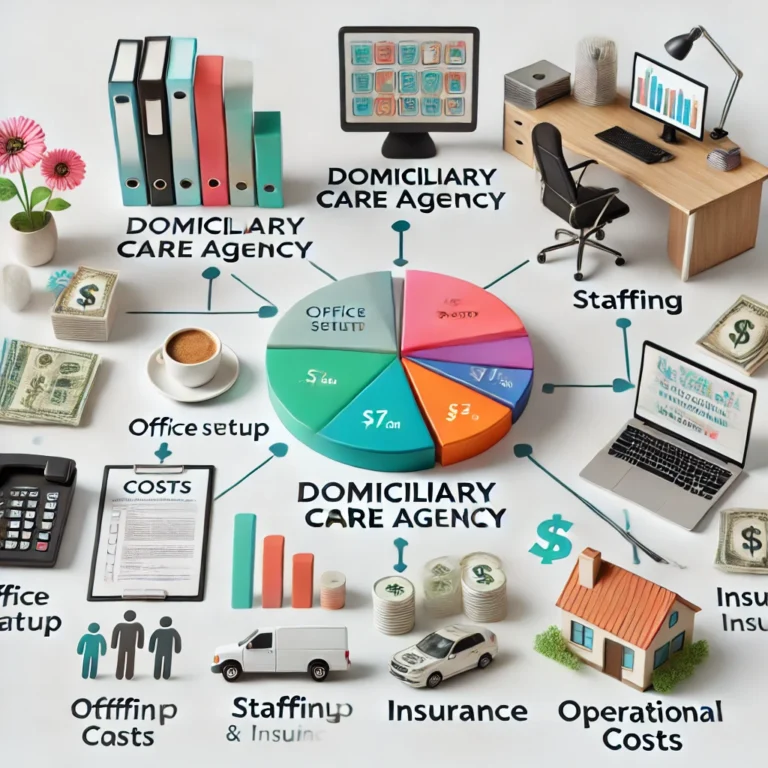Understanding the Legal Requirements and Licenses Needed to Start a Bracelet Business in the UK
Last Updated on
Introduction
Starting a bracelet business in the UK can be an exciting venture. However, to ensure your business is compliant with UK laws, it’s crucial to understand the legal requirements and licenses needed. This guide will walk you through the essential steps and legal considerations to help you establish a legitimate and successful bracelet business.
Business Structure and Registration
 Choosing the Right Business Structure
Choosing the Right Business Structure
Choosing the right business structure is the first legal step in starting your bracelet business. You can operate as a sole trader, partnership, limited liability partnership (LLP), or limited company. Each structure has its legal implications and benefits:
- Sole Trader: Simple to set up, fewer regulatory requirements, but you are personally liable for business debts.
- Partnership: Similar to sole trader but shared responsibilities and liabilities with partners.
- LLP: Offers limited liability to partners while maintaining flexibility in management.
- Limited Company: Provides limited liability protection, more credibility, and potential tax benefits but involves more regulatory requirements and public disclosure.
Registering Your Bracelet Business
Once you have chosen the business structure, you need to register your business with the appropriate authorities:
- Sole Traders and Partnerships: Register with HM Revenue & Customs (HMRC) for self-assessment.
- Limited Companies and LLPs: Register with Companies House and HMRC.
Intellectual Property Protection
 Trademark Registration for Your Brand
Trademark Registration for Your Brand
Protecting your brand is crucial. Registering a trademark for your business name, logo, or slogan with the UK Intellectual Property Office (UKIPO) can prevent others from using similar branding.
Design Rights for Your Bracelet Designs
Your unique bracelet designs can be protected under UK design rights. You can register your designs with the UKIPO to prevent unauthorized copying.
Licenses and Permits
General Business Licenses
Depending on your location, you may need a general business license from your local council. This ensures you comply with local regulations.
Specific Permits for Selling Jewelry
Selling jewelry in the UK requires adherence to hallmarking laws. If your bracelets contain precious metals, they must be hallmarked by an approved assay office to confirm their purity.
Health and Safety Regulations
 Ensuring Product Safety Standards
Ensuring Product Safety Standards
All products sold in the UK must comply with the General Product Safety Regulations. Ensure your bracelets are safe for consumer use, which may involve testing for harmful substances and ensuring proper labeling.
Compliance with Consumer Protection Laws
You must comply with consumer protection laws, which include providing clear product descriptions, offering refunds, and ensuring the quality of your products.
Environmental and Ethical Considerations
Ethical Sourcing of Materials
Ensure that the materials used in your bracelets are ethically sourced. This can involve verifying the supply chain to avoid materials linked to human rights abuses or environmental harm.
Environmental Regulations
Comply with environmental regulations related to waste management and recycling. Minimizing your environmental footprint can also enhance your brand’s reputation.
Taxation Requirements
Registering for VAT
If your business turnover exceeds the VAT threshold, you must register for VAT with HMRC. This involves charging VAT on your sales and submitting regular VAT returns.
Managing Business Taxes
Keep accurate financial records and file annual tax returns. Consider hiring an accountant to ensure compliance and optimize your tax obligations.
Employment Law
Legal Requirements for Hiring Employees
If you plan to hire employees, you must comply with employment laws. This includes providing employment contracts, paying at least the minimum wage, and ensuring workplace health and safety.
Health and Safety Obligations for Employees
Create a safe working environment by following health and safety regulations. Conduct risk assessments and provide necessary training and equipment.
Insurance Requirements
Product liability insurance protects your business if a product you sell causes harm or injury to a customer. This is crucial for any business dealing with physical goods. Consider other types of business insurance, such as public liability insurance, employer’s liability insurance, and contents insurance to protect your business assets.
Selling Online: Legal Considerations
Compliance with E-commerce Regulations
When selling bracelets online, comply with e-commerce regulations. This includes providing clear terms and conditions, delivery information, and handling returns and refunds properly.
Data Protection and Privacy Laws
Ensure your website complies with the General Data Protection Regulation (GDPR). This involves protecting customer data, obtaining consent for data collection, and providing privacy notices.
Conclusion
Understanding and complying with the legal requirements and licenses needed to start a bracelet business in the UK is essential for success. By following these guidelines, you can establish a legitimate, reputable, and thriving business.
Related Article: How to start a Bracelet Business in UK?
FAQs
1. What business structure is best for a bracelet business in the UK?
The best business structure depends on your specific needs and circumstances. A sole trader is simple to set up but carries personal liability. A limited company offers limited liability protection but involves more regulatory requirements.
2. Do I need a specific license to sell bracelets in the UK?
Yes, if your bracelets contain precious metals, they must be hallmarked by an approved assay office. Additionally, you may need a general business license from your local council.
3. How can I protect my bracelet designs legally?
You can protect your bracelet designs by registering them with the UK Intellectual Property Office (UKIPO) under design rights. Additionally, consider trademarking your brand name and logo.
4. What insurance do I need for my bracelet business?
Product liability insurance is essential to protect against claims of harm caused by your products. Additionally, consider public liability insurance, employer’s liability insurance, and contents insurance.
5. Are there any specific health and safety regulations for a bracelet business?
Yes, you must ensure your bracelets comply with the General Product Safety Regulations. This involves testing for harmful substances and ensuring proper labeling. If you employ staff, you must also adhere to workplace health and safety regulations.







